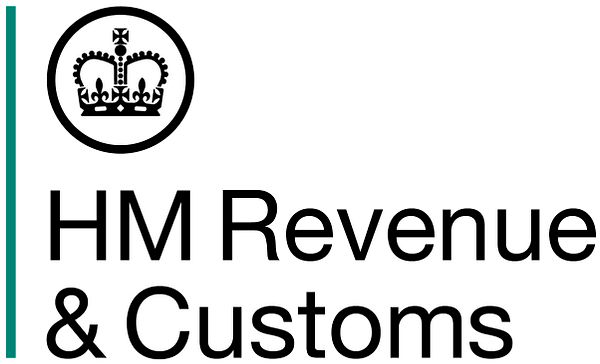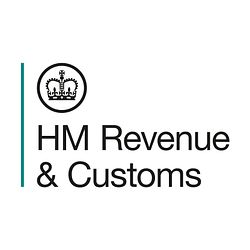
Press release -
Medical research tax avoidance scheme rejected by court
A tax avoidance scheme, designed to abuse rules set up to encourage genuine medical research, has been successfully challenged by HM Revenue and Customs (HMRC) in court.
The rejection of the scheme, promoted by Matrix Securities Ltd, has protected almost £80 million.
A Jersey-registered limited partnership claimed to be trading in the UK. The partnership focused on creating and exploiting intellectual property from research into vaccines targeting diseases such as HIV, flu and hepatitis B.
Eighty three investors in the partnership used £28 million of their own cash and £86 million in bank loans. The partnership claimed a first-year trading loss of nearly £193 million, creating £77 million in tax relief. This would have given them an almost £50 million return on their personal investments.
However, HMRC Specialist Investigators discovered that only £14 million had been spent on research and development into vaccines. As a result, a tribunal agreed that individual partners were entitled to tax relief of no more than £14 million of the losses. The Tribunal further decided that £7 million in fees that the partnership had paid to a subsidiary of the scheme promoters failed to qualify for tax relief. Interest relief on the loans that had been used in the scheme was also restricted.
Since the scheme was implemented, HMRC has introduced further targeted anti-avoidance legislation to prevent similar schemes being set up.
Exchequer Secretary David Gauke said:
“The Government is committed to tackling tax avoidance and will close down those schemes that are artificial and contrived ways of exploiting the rules, as Parliament intended. The vast majority of businesses and individuals pay what they owe but there are a minority who try to dodge their taxes.
“Significant reinvestment has been made into HMRC to pursue and challenge the tax dodgers and they will take decisive action to close down schemes with the sole purpose of avoiding paying tax.”
Jim Harra, HMRC’s Director General for Business Tax, said:
“This is another important victory for HMRC as we continue to challenge artificial tax avoidance schemes. This type of marketed avoidance scheme is unfair to the vast majority of businesses and people who play by the rules. Anyone tempted should be warned that these schemes carry a serious risk that you’ll end up paying the tax and interest on top of a set-up charge, which can run into the hundreds of thousands of pounds.
“This was a complex case but it shows – once again – how HMRC has the resources and technical expertise to effectively challenge tax avoidance.”
Notes for editors
1. A General Anti-Abuse Rule will be introduced in 2013.
2. Last month HMRC invited some participants in certain tax avoidance schemes to settle their tax liabilities without the need for litigation (http://www.hmrc.gov.uk/press/settle-opp-tax-avoid.htm ).
3. The National Audit Office reported in November 2012 that HMRC has an 85 per cent avoidance litigation success rate.
Topics
Categories
Issued by HM Revenue & Customs Press Office
HM Revenue & Customs (HMRC) is the UK’s tax authority.
HMRC is responsible for making sure that the money is available to fund the UK’s public services and for helping families and individuals with targeted financial support.

